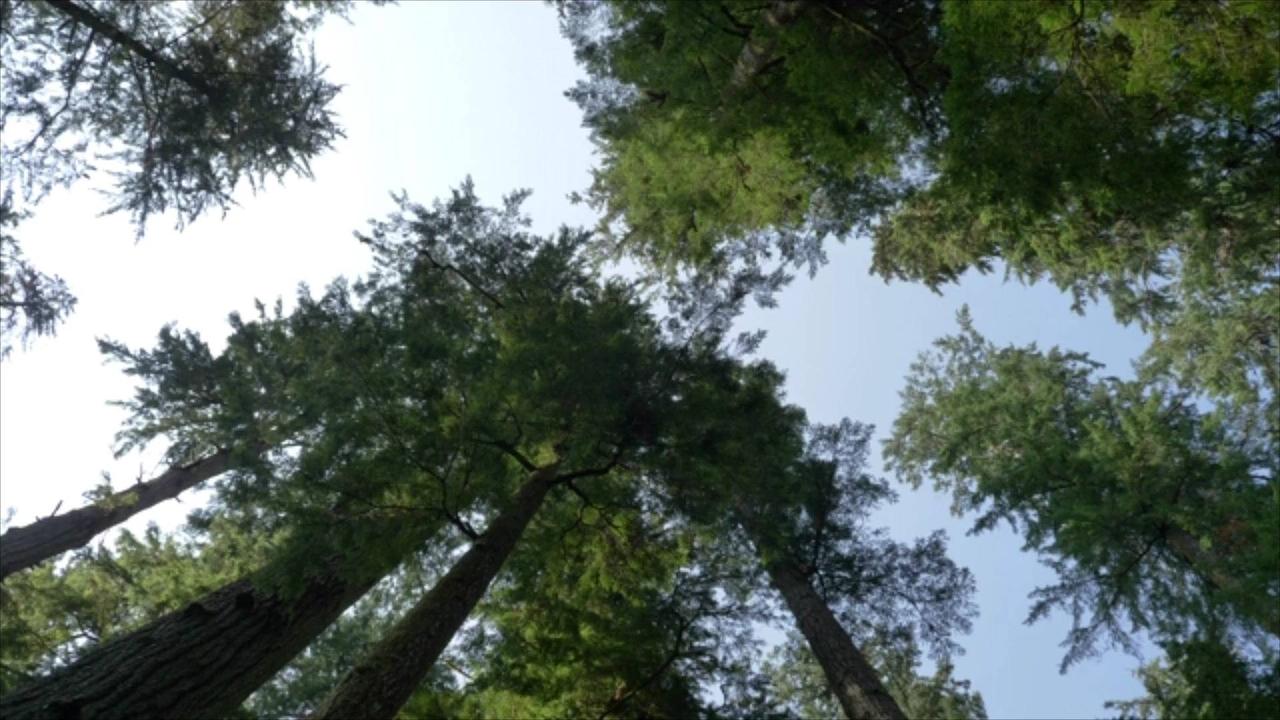
Study Suggests , Old Growth Forests , Could Store Huge Amounts of Carbon.
According to a new study, forest conservation and restoration could be a key part of Earth's efforts to tackle the climate crisis.
'The Guardian' reports that scientists found that allowing existing trees to grow old could remove 226 gigatons of carbon from the atmosphere.
The amount is roughly equivalent to almost 50 years of the United States emission levels for 2022.
.
However, the same study warns that mass monoculture tree-planting and offsetting efforts will not help forests thrive in the future.
.
The team's research, published on November 13 in the journal 'Nature,' is part of a collaboration between hundreds of leading ecologists.
The team estimate that about 61% of forests' carbon consuming potential could be achieved by protecting existing forests and allowing them to mature.
.
The study suggests that the remaining 39% could be realized by restoring forests that have already been cleared by humans.
The study suggests that the remaining 39% could be realized by restoring forests that have already been cleared by humans.
Most of the world’s forests are highly degraded.
In fact, many people have never been in one of the few old growth forests that remain on Earth, Lidong Mo, Lead author of the study, via 'The Guardian'.
'The Guardian' reports that the researchers highlight the importance of biodiversity in allowing forests to achieve their potential to help fight climate change.
It can be achieved by millions of local communities, Indigenous communities, farmers and foresters who promote biodiversity.
, Tom Crowther, Head of the Crowther Lab at ETH Zurich, via 'The Guardian'.
It could be agroforestry for cacao, coffee or banana, natural regeneration, rewilding or creating habitat corridors.
They’re successful when nature becomes the economic choice.
It’s not easy but it’s doable, Tom Crowther, Head of the Crowther Lab at ETH Zurich, via 'The Guardian'
